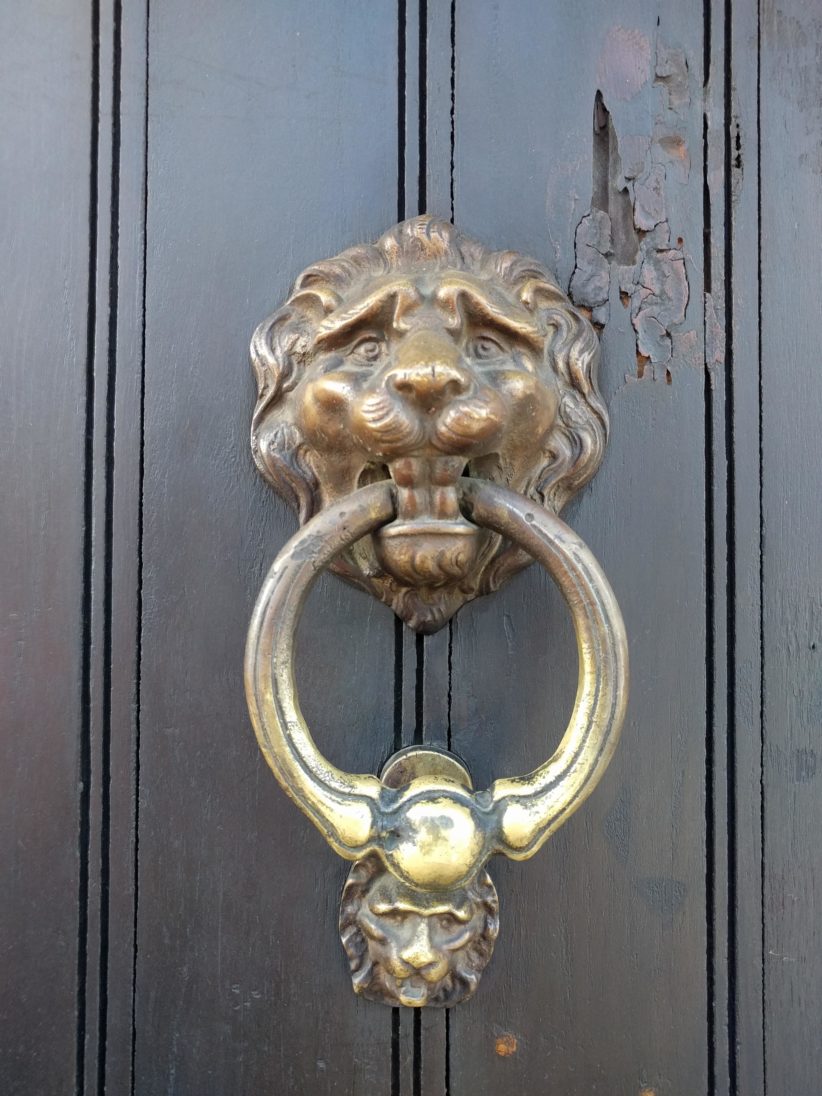Last night, in a mood of playful optimism, I asked my wife what she thought the next decade might bring our way. She remained elusive, and qualified her non-answer with her own version of of the spit-over-your-shoulder superstitions that my grandmother (who believed in witches) might have engaged in when I was a child.
I tried to explore the source of her unease, and realized that when she thinks of the future, it’s a source of great anxiety.
Part of this is rooted in the different way we frame the future. As a card-carrying pessimist (she prefers realist), she sees the future as a time when unknowable aggravations might undermine her happiness or threaten her sense of security. Although it’s not my default way of seeing the world, I can relate to this because a bunker mentality characterized one of the stages of lawsuit grief that I emerged from during one of my greatest professional challenges (more on that in a later post). It’s an awful feeling to think the world is out to get you, to know it’s only a matter of time until it succeeds.
Let’s take a scary example that has a statistically high chance of affecting many of us: cancer. Odds are you have a relative or loved one who has been diagnosed and treated for cancer. Perhaps you lost someone in your immediate family. Perhaps you have a reasonable fear that your genetics may put you at greater risk for cancer because of a high prevalence of the disease among relatives. How do you cope with this knowledge? Is your life a countdown until you are diagnosed with a fatal disease, or a celebration of each moment as a gift you’ve been given? Does the future bring out your fears because it threatens to take away all you hold dear, or does it highlight the many ways in which you need to relish your good fortune at this very moment?
Every time a fear confronts us, it provides us the opportunity to reframe it as a moment for gratitude. This is based on the presumption that there is no one perfect way of living your life, but a multitude of alternate paths that your limited time on earth requires you to whittle down. Envisioned this way, looking to the future can be an exciting exercise in deciding which versions of yourself you want to give priority to becoming. Parent? Professional? Travel vagabond? Writer? Artist? Spouse? Consumer? Producer?
I’m in middle age, married to a woman who is out of my league, with two young kids whose daily development I relish (even as they test boundaries), a challenging career in medicine and a nice home with a mortgage. Most of the dreams I had in my youth revolved around settling the very questions of whom I’d marry, what our children would be like, where we’d live, what I would do...so does having these questions somewhat resolved (at least in the moment) make the future seem boring? Not for a second.
There will always be obstacles - financial, health, or otherwise - but their unpredictability does not detract from appreciating what you have now and what you aspire to do later. There is a real pleasure in thinking about the unfinished business of becoming yourself. Delayed gratification has featured prominently in most of my personal and professional endeavors, so I’ve come to rely on it as a device that gives me that much more pleasure when my goals become a reality. The scientific literature demonstrates that thinking about something for a long time before acting on it produces more lasting pleasure than impulsive gratification.
When I look ahead, I see the chance to improve our personal finances and bring us closer to financial independence; reduce the role of work that depletes me; hike and kayak regularly to improve my health; increase the opportunity for travel with my family; and feel more connected to the people that matter in my life. Setting goals that I may not accomplish doesn’t make them any less pleasurable to contemplate.

